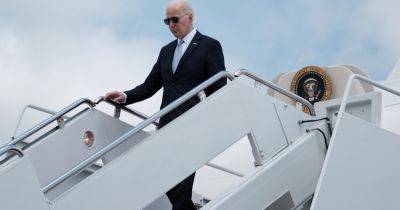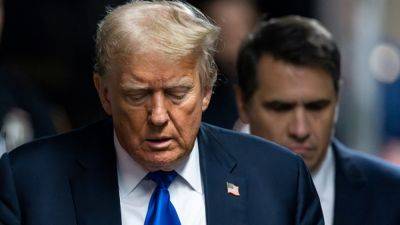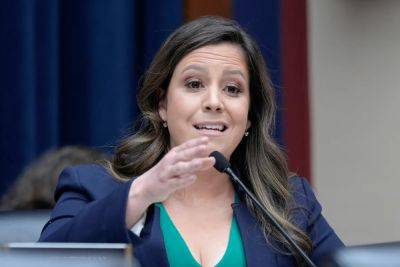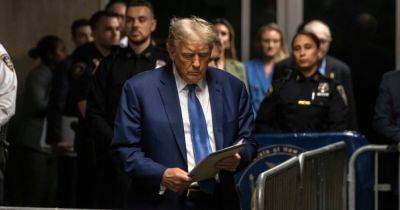Trump May Owe $100 Million From Double-Dip Tax Breaks, Audit Shows
Former President Donald J. Trump used a dubious accounting maneuver to claim improper tax breaks from his troubled Chicago tower, according to an Internal Revenue Service inquiry uncovered by The New York Times and ProPublica. Losing a yearslong audit battle over the claim could mean a tax bill of more than $100 million.
The 92-story, glass-sheathed skyscraper along the Chicago River is the tallest and, at least for now, the last major construction project by Mr. Trump. Through a combination of cost overruns and the bad luck of opening in the teeth of the Great Recession, it was also a vast money loser.
But when Mr. Trump sought to reap tax benefits from his losses, the I.R.S. has argued, he went too far and in effect wrote off the same losses twice.
The first write-off came on Mr. Trump’s tax return for 2008. With sales lagging far behind projections, he claimed that his investment in the condo-hotel tower met the tax code definition of “worthless,” because his debt on the project meant he would never see a profit. That move resulted in Mr. Trump reporting losses as high as $651 million for the year, The Times and ProPublica found.
There is no indication the I.R.S. challenged that initial claim, though that lack of scrutiny surprised tax experts consulted for this article. But in 2010, Mr. Trump and his tax advisers sought to extract further benefits from the Chicago project, executing a maneuver that would draw years of inquiry from the I.R.S. First, he shifted the company that owned the tower into a new partnership. Because he controlled both companies, it was like moving coins from one pocket to another. Then he used the shift as justification to declare $168 million in additional losses over the next decade.
The issues







